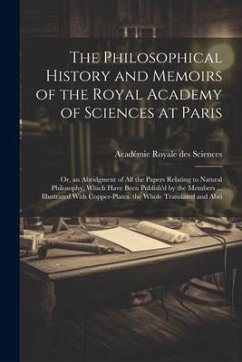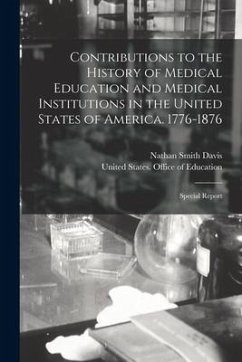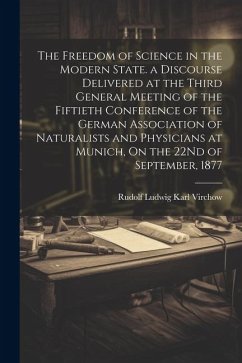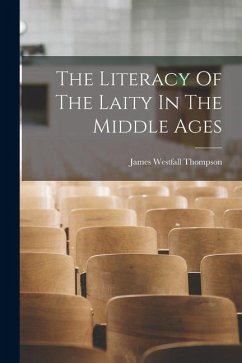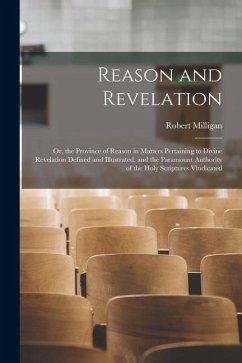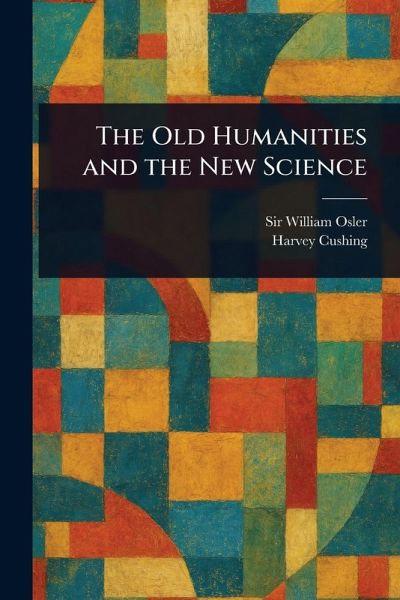
The Old Humanities and the New Science
Versandkostenfrei!
Versandfertig in über 4 Wochen
14,99 €
inkl. MwSt.
Weitere Ausgaben:

PAYBACK Punkte
7 °P sammeln!
William Osler's "The Old Humanities and the New Science" explores the crucial intersection of classical education and scientific advancement. This thought-provoking work delves into the enduring importance of the humanities in shaping well-rounded individuals, particularly within the fields of science and medicine. Osler, a prominent figure in medical history, argues for a balanced approach to learning, emphasizing the necessity of both humanistic inquiry and rigorous scientific training. This book, relevant to the history of science and medical education, examines how a foundation in classica...
William Osler's "The Old Humanities and the New Science" explores the crucial intersection of classical education and scientific advancement. This thought-provoking work delves into the enduring importance of the humanities in shaping well-rounded individuals, particularly within the fields of science and medicine. Osler, a prominent figure in medical history, argues for a balanced approach to learning, emphasizing the necessity of both humanistic inquiry and rigorous scientific training. This book, relevant to the history of science and medical education, examines how a foundation in classical literature, philosophy, and history can enhance scientific understanding and ethical practice. It provides insights into the development of critical thinking, communication skills, and a broader perspective, all vital for professionals in science and medicine. "The Old Humanities and the New Science" remains a significant contribution to discussions about educational philosophy and the interconnectedness of seemingly disparate fields. This work has been selected by scholars as being culturally important, and is part of the knowledge base of civilization as we know it. This work is in the public domain in the United States of America, and possibly other nations. Within the United States, you may freely copy and distribute this work, as no entity (individual or corporate) has a copyright on the body of the work. Scholars believe, and we concur, that this work is important enough to be preserved, reproduced, and made generally available to the public. We appreciate your support of the preservation process, and thank you for being an important part of keeping this knowledge alive and relevant.






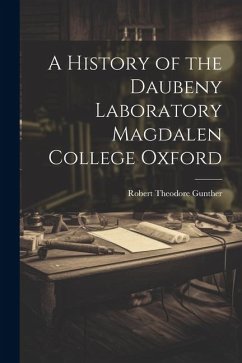
![Addresses [and] Papers. Dedication Ceremonies and Medical Conference, Peking Union Medical College, September 15-22, 1921 Cover Addresses [and] Papers. Dedication Ceremonies and Medical Conference, Peking Union Medical College, September 15-22, 1921](https://bilder.buecher.de/produkte/66/66725/66725275n.jpg)
